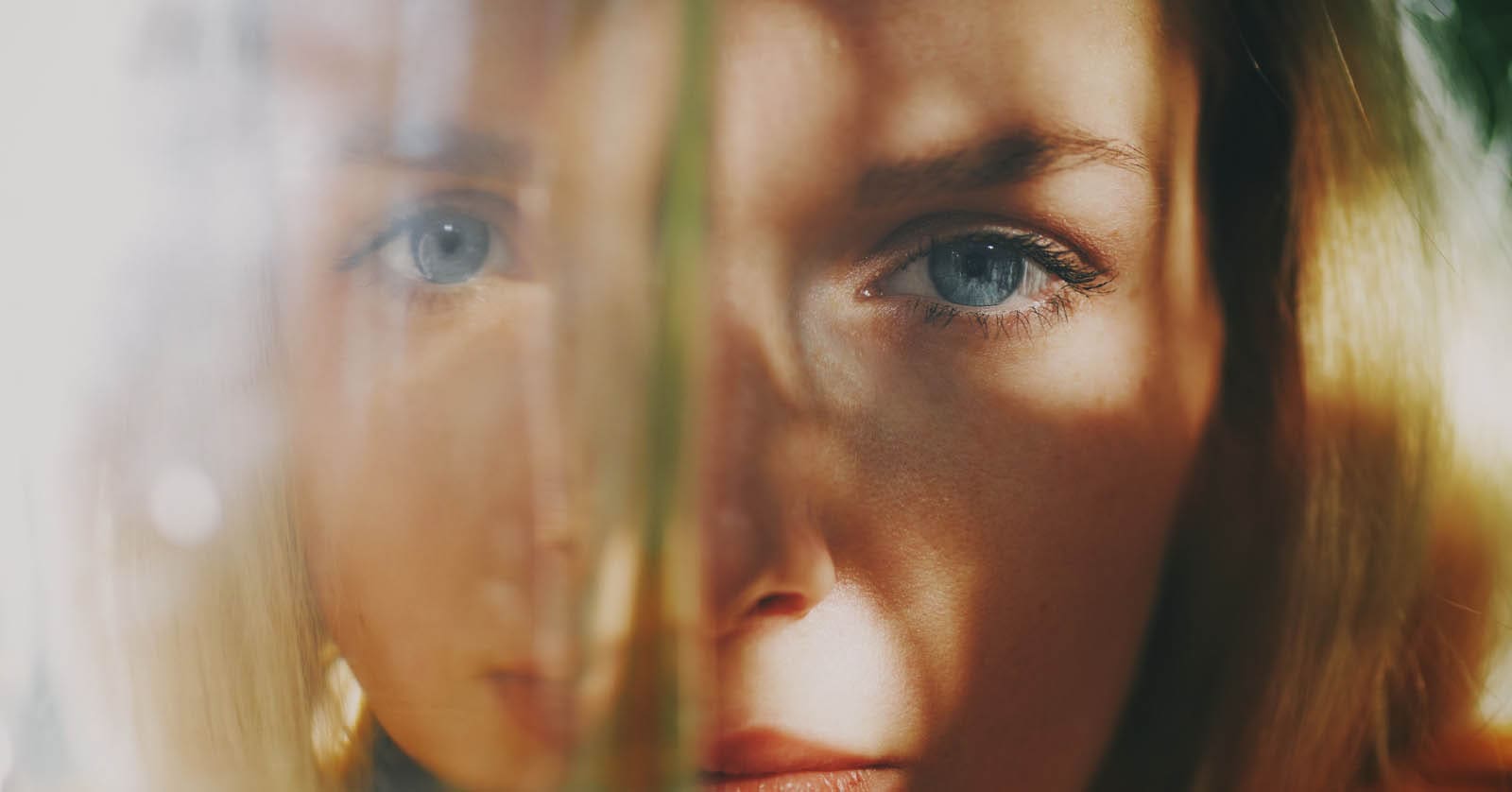Arman Zhenikeyev
If you’ve found yourself pondering your own sober curiosity, you would do well to add luminous skin to the “pro” column. The trend of giving up (or sipping less) alcohol has gained ground in recent years: According to a 2023 Gallup poll, 62 percent of adults under age 35 report regular drinking, that number down 10 percent from 2003, the shift down to new social mores, an evolving population, and general health concerns. If statistics aren’t enough, the menus of mocktails, sober curious conversations, and alternative booze brands serve as proof that cutting down on alcohol has entered the collective conversation. An unsung bonus of sober(er) living? The simple choice may be the skin-saving hack you’ve been looking for. We’ve long know that alcohol is no health elixir, but it seems that drinking may have an impact on our complexions, too.
So, what exactly are the effects of alcohol on skin?
“Alcohol is actually one of the worst, most aggressive compounds to destroy your skin,” says New York nutritionist Jairo Rodriguez, who counts designers and Vogue editors among his clients. “I always joke with my patients, ‘If you want to get older, go ahead and drink!’ ” Here, Rodriguez breaks down the exact effects of alcohol on skin, as well as the benefits of giving up alcohol or imbibing more tactfully.
Drinking Dehydrates and Inflames Skin
Rodriguez notes that “drinking” is classified as a minimum of two alcoholic beverages per day—enough to do a huge amount of damage to your skin, as it affects any and all mucous membrane, from your pancreas to your liver to your face. This can manifest as visible dehydration, as alcohol saps your skin of fluid. “If you look at a [person] who has been drinking for 20 or 30 years, and someone the same age who hasn’t at all, we see a massive difference in the skin,” says Rodriguez, who cites wrinkles from dehydration damage as a significant ager.
And for anyone who has every experienced a flushed face post-cocktail or glass of wine, that redness is all down to inflammation. “Alcohol inflames the tissue, and systemic inflammation to the skin caused by alcohol creates a histamine reaction—that creates the redness, the flushing of the skin,” says Rodriguez. “At first you think, Oh, [I’m] a little red, not a big deal, but over a period of time—six months, a year, two years—if you continue drinking, it can become a prominent facial redness you can’t get away from.”
Shift Your Habits, Save Your Skin
Fortunately, hope exists in thoughtful changes to your routine—and your body’s own resilience. “Your skin, like any other organ, has the ability to regenerate—the body has a fabulous rate of rehydration—but that regeneration depends on how much damage has been done,” says Rodriguez. “If you’ve been drinking for 15 to 20 years and stop, I think it’s great, but can you regenerate your skin back to [that of] a normal 50-year-old? Once you destroy the collagen, it is hard to get back.”
And for those who aren’t interested in giving up drinking entirely, a few simple steps can help protect your complexion.
Drink Every Other Day—Or Less
“When you’re 20 years old and drink, that drink leaves your body in about three hours. When you’re 40 years old, it takes an average of 33 hours,” says Rodriguez. “If your transit time is three hours, that means you can drink on Monday and by Tuesday, it’s out of your body. If you’re 40 and you drink on Monday, don’t drink until Wednesday. Minimize to once or twice a week—the lower the intake, the lower the damage to your skin.”
Choose Your Liquor Wisely
“Different alcohols have different effects on the skin, but as a general rule, the clearer, the better: vodka, gin, and tequila get out of your system quicker,” says Rodriguez. “If you’re going to drink anything, in my opinion, drink vodka that doesn’t have a grain in it, like a potato vodka. It’s a lot clearer and smoother, so it gets in and out of your body, no problem.”
Stay Hydrated
A general rule of thumb: Enjoy one glass of water for every cocktail sipped. “If you’re going to drink, drink water with it to increase that diuretic effect,” says Rodriguez. “I think mothers have been saying that for the last 2,000 years, but nobody listens if your mother says it.”
This article was originally published on Vogue.com
